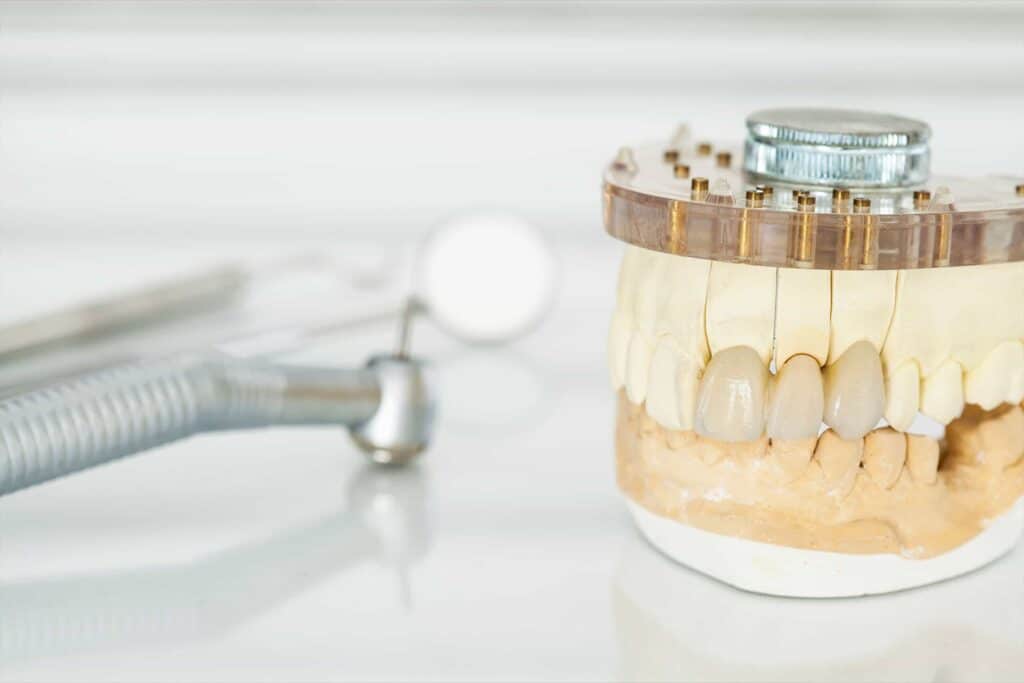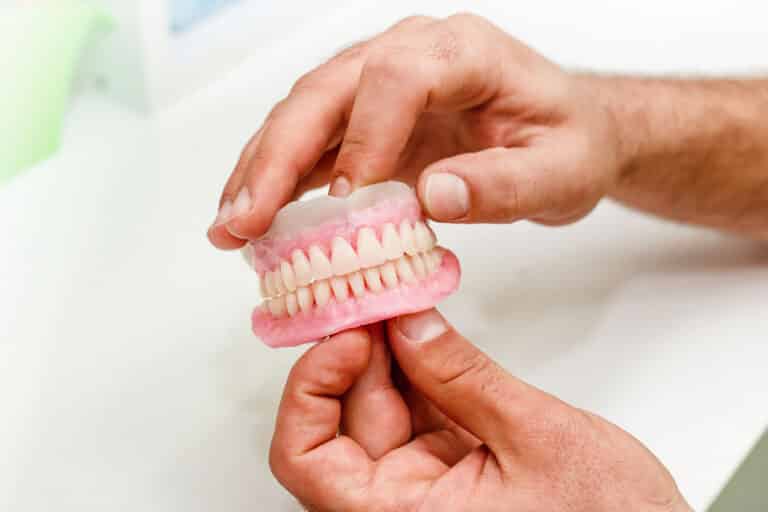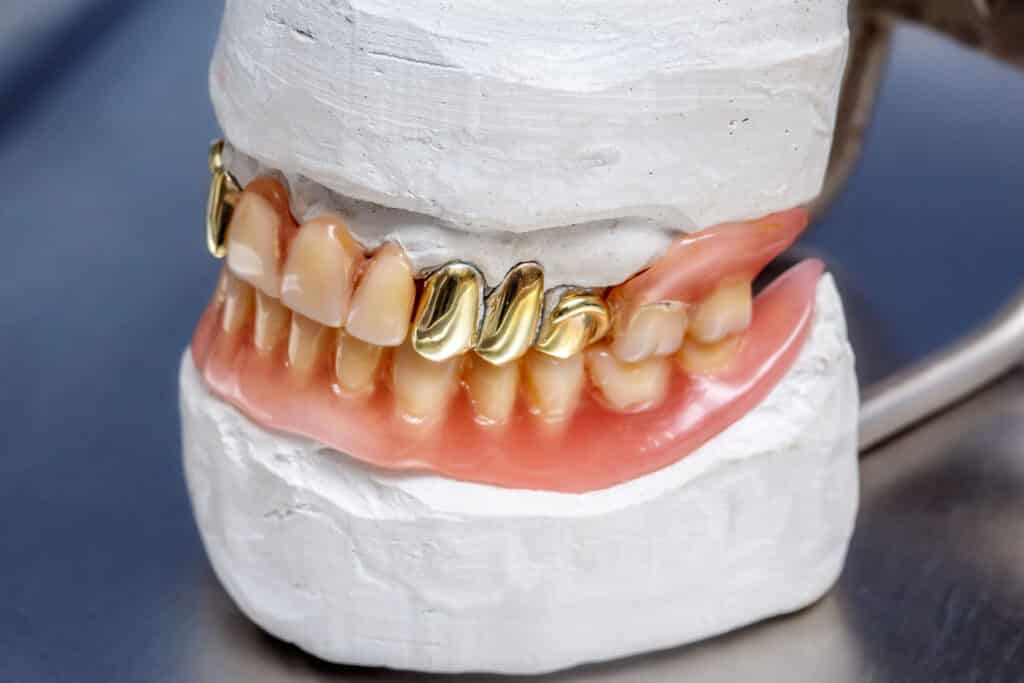Oral piercings have been the subject of heated debates for decades. Some claim that oral piercings are terrible for oral health, causing damage to the teeth and gums. Others don’t see an issue as long as the piercings are cared for properly.
However, there’s no denying that oral piercings, primarily metal, can cause damage to your teeth over time. Humans already have so many ways such as grinding, clenching, hard candy, tobacco products, or using teeth as tools, that cause damage to our teeth. Oral piercings are another thing to add to the list.
If you want a tongue or lip piercing, you’ll want to seriously consider choosing a plastic piece of jewelry. Metal will continuously knock into your teeth, causing chips, cracks, wear to the tooth, or gum recession. Oral piercings are still in high demand around the world. It’s crucial for people to understand that the jewelry choice they make can greatly affect their oral health in the long run.
What are the Possible Kinds of Oral Piercings You Can Get?
Many people think outside the box regarding oral piercings. You can pierce pretty much any location on your face that you prefer. Still, the most popular oral piercings are lip piercings, tongue piercings, and cheek piercings.
Lip piercings can sit anywhere on the lip, but they’re usually done in the middle or near the corners of the mouth. You can choose a ring or a bar. Whatever you choose, a general rule of thumb is that plastic causes less direct trauma, recession, and damage to the gums and teeth when compared to metal.
Tongue piercings are placed near the front of the tongue, an inch or so back from the tip. Tongue piercings are done with a barbel piece or oral jewelry. They can be particularly hard on the teeth when the bar is metal. You’ll often see those with tongue piercings clicking it against the teeth out of boredom. Doing this repeatedly can turn into a dental nightmare.
Cheek piercings tend to sit right on the dimple, typically an inch from the corner of the mouth. While they’re called cheek piercings, the inside of the piercing can affect the bottom and top teeth on the side of the mouth.
How Long Do Oral Piercings Take to Heal?
All oral piercings take between three and four weeks to heal completely, with tongue piercings taking up to eight weeks. During that time, those with fresh tongue, lip, and cheek piercings should rinse their mouth out after every meal and snack. How quickly your piercings heal will depend on how well you care for them. It’s essential to follow all aftercare instructions given to you by your piercing professional.
Because oral piercings are done with needles, there’s bound to be a certain, though brief, level of pain. Pain tolerance differs from person to person. Everyone should expect a mild to moderate amount of swelling for a few days after the initial piercing. If you follow aftercare directions, the swelling should subside quickly and your piercing will heal within the normal timeframe. However, ignoring pristine oral piercing care can quickly lead to an infection.
What Should I Do If These Piercings Get Infected?
The mouth is a moist environment, and host to a number of bacteria. Because of the location of an oral piercing, it’s crucial to be on the lookout for any signs of infection. See a doctor or dentist right away if you notice any of the following symptoms post-piercing:
- Advanced swelling;
- Flu-like symptoms that can include pain, fever, and chills;
- Shaking;
- Red streaks around the piercing site
A few things you can do is to use salt water to disinfect the piercing site and continually clean it as well with a damp towel.
What Foods Should I Avoid Eating While Healing?
Oral piercings have a lengthy healing time, and during that time it’s best to stick to soft, bland foods that won’t cause additional irritation or pain to the piercing site. Oatmeal, smoothies, milkshakes, yogurt, and brothy soups are fantastic options. Salty, acidic, and spicy foods should be avoided completely.
Food that is too hot temperature-wise can also irritate oral piercings. Though it seems very boring, the bland diet is well worth it to speed up the healing time and reduce possible irritation or infection.
How Should I Change My Oral Hygiene?
The health of your new oral piercing is very reliant on your oral hygiene. Stay on track with your routine, brushing, flossing, and rinsing with an alcohol-free mouthwash twice daily. Your dentist will likely recommend choosing a soft-bristle toothbrush specifically for your piercing location. If you stick to your typical oral health routine, choose plastic jewelry, and follow up on your aftercare plan, you shouldn’t have any issues with your oral piercing going forward!





